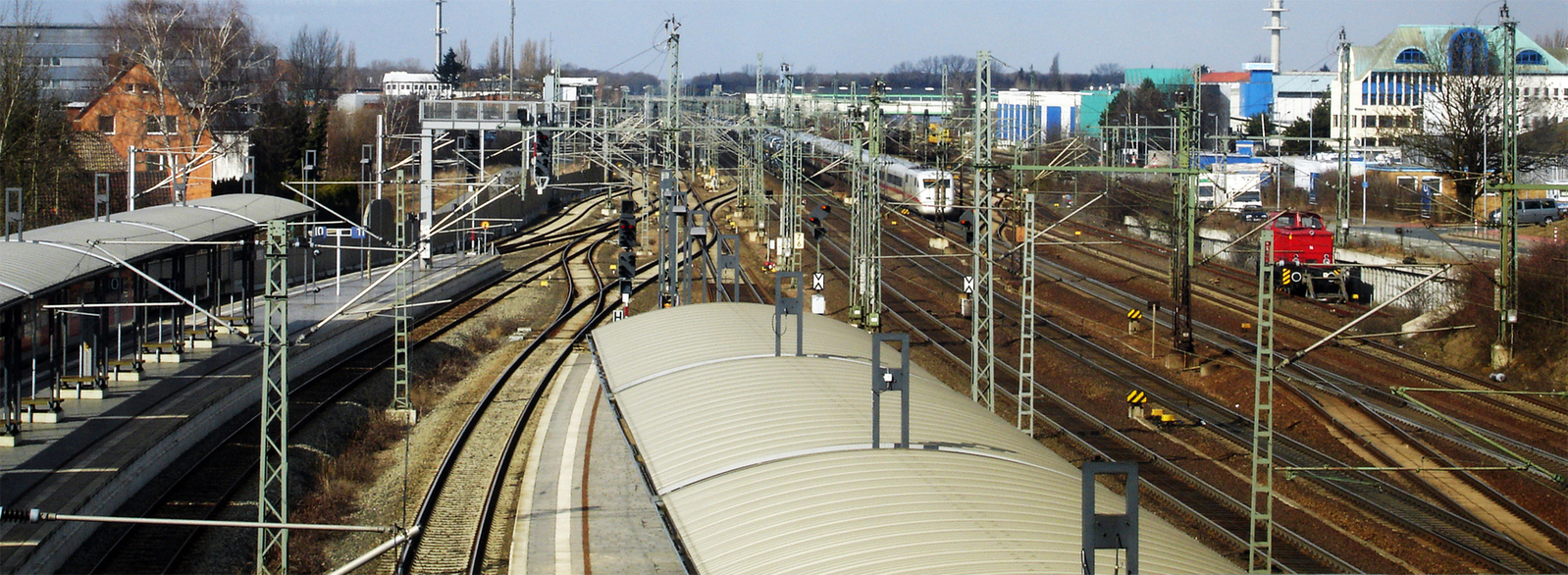
Railway reforms to encourage competition in domestic markets by 2020
An agreement between EU governments and the European Parliament on the so-called ‘market pillar’ of the fourth railway package means the plan to open up domestic passenger rail to competition from 2020 will be ratified in autumn 2016 and countries will then have three years to implement it.
Interested in this kind of news?
Receive them directly in your inbox. Delivered once a week.
The market pillar will grant all railway operators non-discriminatory access to the tracks. The Commission says this is important to create a more level playing field and ensure fair treatment of different train companies. But under the final agreement it will still be possible for one holding company to own both the infrastructure manager and a railway operator, as is the case in Germany and France. New requirements should ensure more financial transparency in the holding company to avoid incumbents benefiting from the arrangement through cross-subsidisation.
One of the Commission’s ambitions was to encourage competitive bidding for so-called public service contracts, which govern most of the domestic passenger services in member states. Traditionally such contracts have been directly awarded to the incumbent operator but the new legislation creates a system where different operators should be able to compete for domestic services. This will become the ‘norm’ as of 2023 but, after pressure from member states, provisions were added to the law to allow direct awarding to incumbents under certain conditions.
The Commission was disappointed at the final agreement. Hendrik Hololei, head of the Commission’s transport directorate-general, slammed EU governments for protecting their large national companies and crowding out competition. ‘There is an unwillingness to change,’ he said.
The ‘technical’ pillar of the fourth railway package will award new powers to the European Railway Agency (ERA). The ERA will now be a one-stop-shop for vehicle authorisation and safety certification for railway companies. However, it will be the job of national safety authorities to ensure that operators are maintaining safety standards for locomotives that have been approved by ERA.
Samuel Kenny, freight and rail transport officer, said: ‘The 4th Railway Package is a small step in the right direction but a far smaller a step than the Commission had aimed for. It is now largely up to national governments to reform rail. Meanwhile, things like electrification, vehicle connectivity and automation are about to revolutionise the transportation industry. So governments should carefully consider whether ‘no change’ is really what rail needs in the 21st century.’
